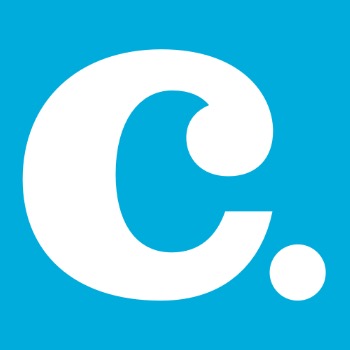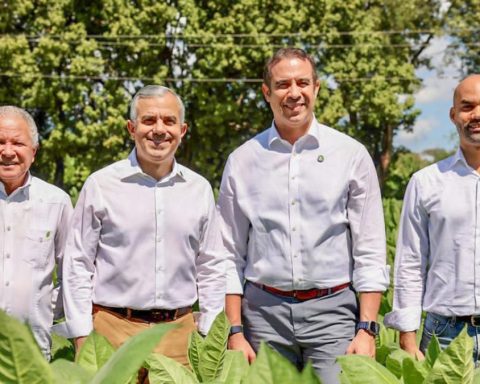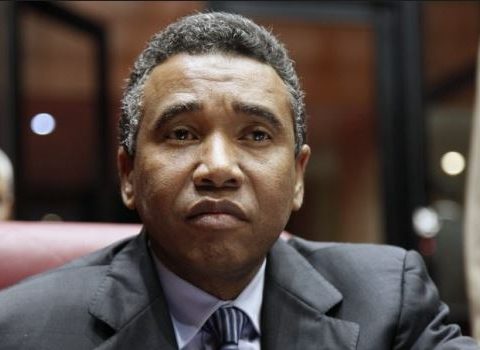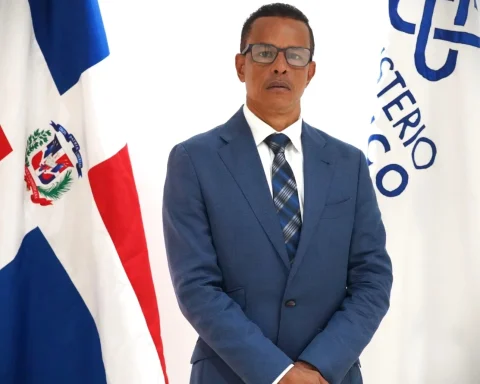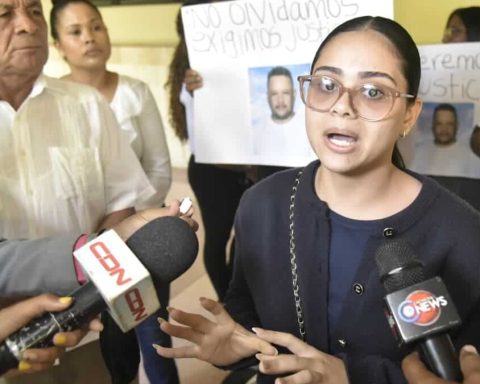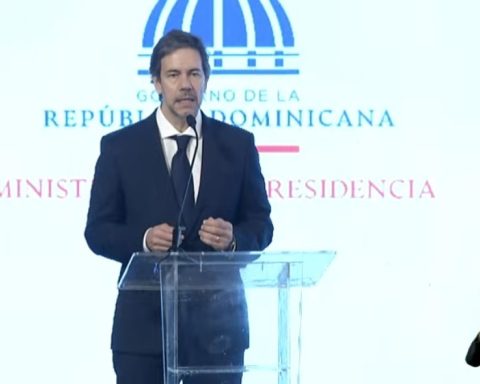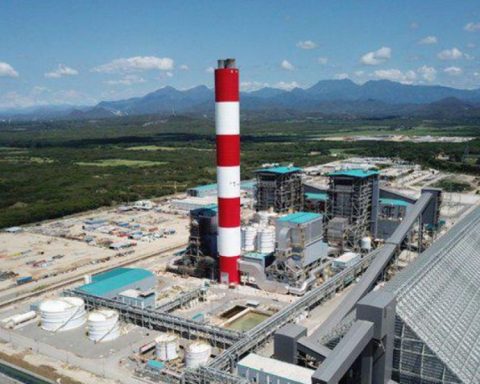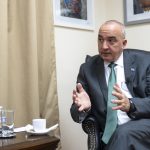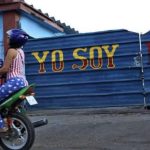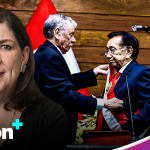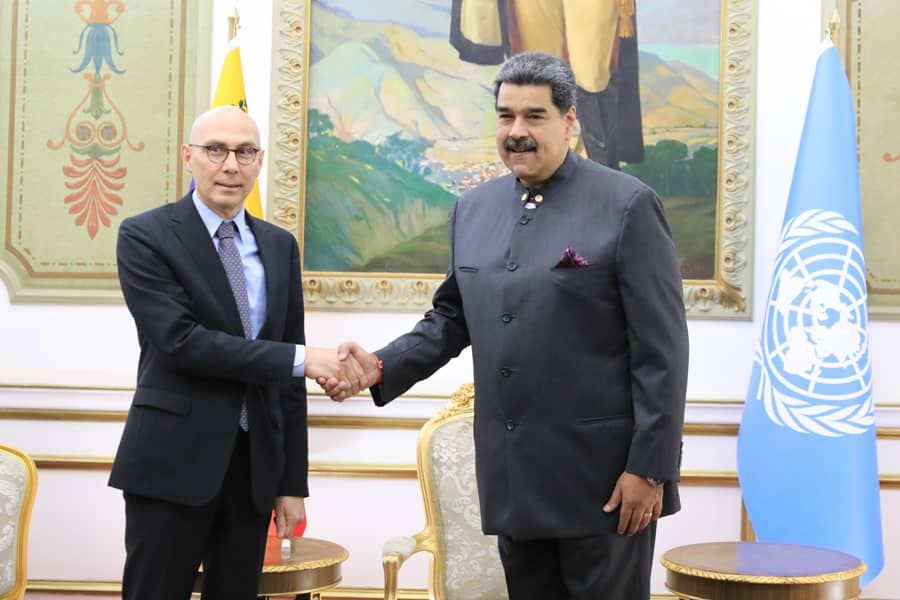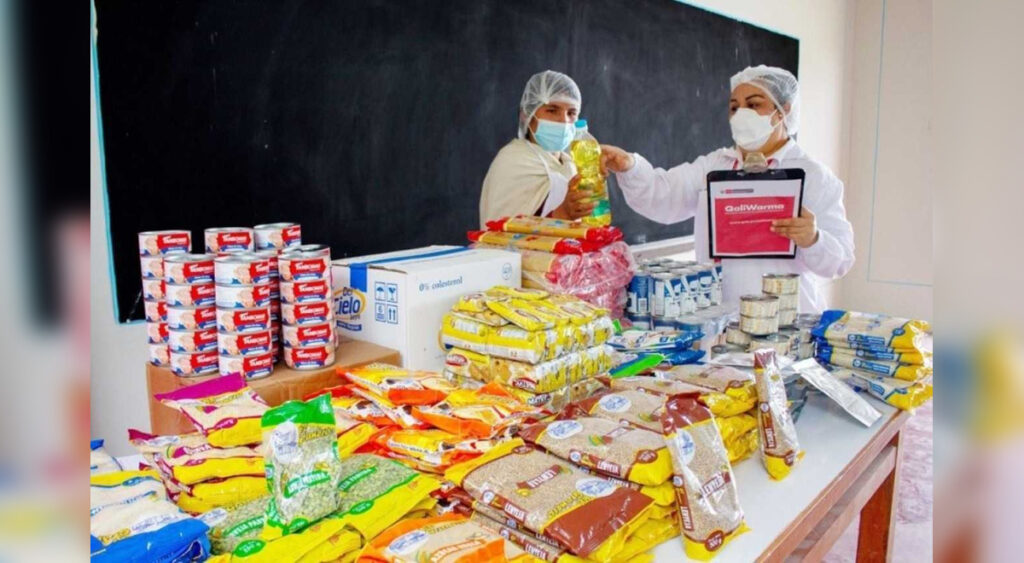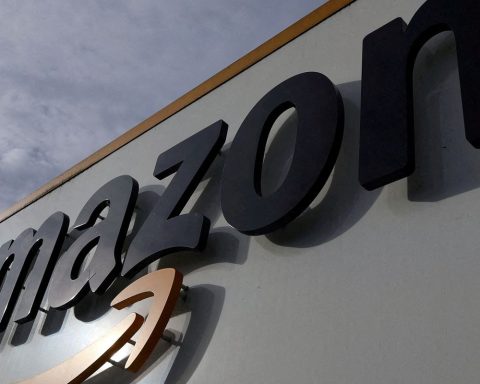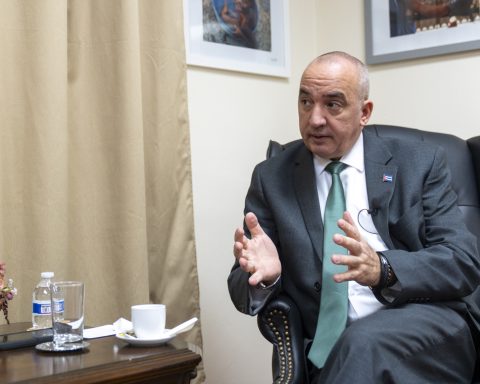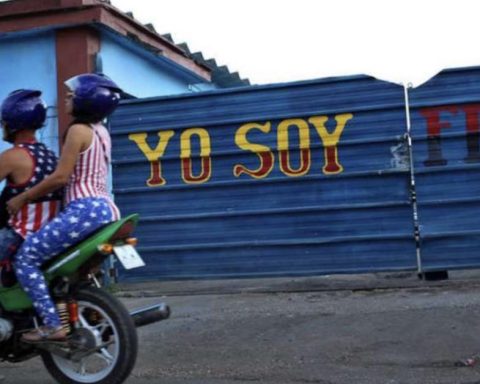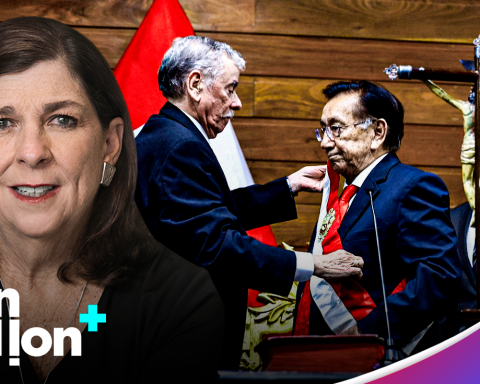The writer was 12 years old at the time of my maternal grandfather Arturo Féliz Bonilla’s departure at the age of 102. He dedicated more than fifty years to the service of the country, in Venezuela he was an Army instructor and in the country he performed the functions of Customs administrator, civil status officer, justice of the peace and instruction, he was born in 1869 in Barahona, and Duarte died In 1876, he was 7 years old when the father of the Nation died, he was the grandson of General Ángel Féliz (El Liberata) head of the Southern Army of the Restoration War against Spain.
And as Cicero tells us: “History is the mother of life”, and for Cervantes “mother of truth” in reality, both sentences were and are expressions of wishes, hopes that it will be so, bets on the future that history serves for something good, precisely because inherently to it is the truth.
That is why historical memory must be recovered, and the value of the heroes who have planted important milestones. It is from there that each country has a father of the Nation or a hero by which it is identified as a society and as a people, ours is Juan Pablo Duarte.
Since we were children, our teachers in the classrooms have not said that Duarte is our hero, but already going to the universities we realize that he is not only the mentor of the Dominican people, but that he is the person we need today in each town.
As the lawyer and historian Euclides Gutiérrez Félix tells us in his book Héroes y próceres dominicanos, I quote: “Juan Pablo Duarte, carrying out this intense social life, allowed him to perceive that there was a patriotic feeling that rejected the presence of Haitians in the country. And that Duarte’s merit as a patriotic and political organizer was fundamentally that he knew how to interpret the historical moment that Dominican society was experiencing at that time.
And on July 16, 1838, after having carried out a discreet work of proselytism, he founded the secret society “Trinitaria”. It was a political party with clear strategic independence objectives. The separation of Haiti and the foundation of an independent State with the name of the Dominican Republic.
Where Duarte was the ideologue, founder, and propagator of the idea and the instrument that had the function of making it known. He, then, had a clear, well-defined concept of the Dominican nation and its members.
And as in the story; we see what happened to our ancestors and to humanity itself, and because it is the beginning of our present
At the end it is for this story that Dominicans owe gratitude to the main father of the Nation, because thanks to his tireless revolutionary apostolate, his ethical and moral principles and his democratic vocation, we have an identity. We are Dominicans thanks to Juan Pablo Duarte.
